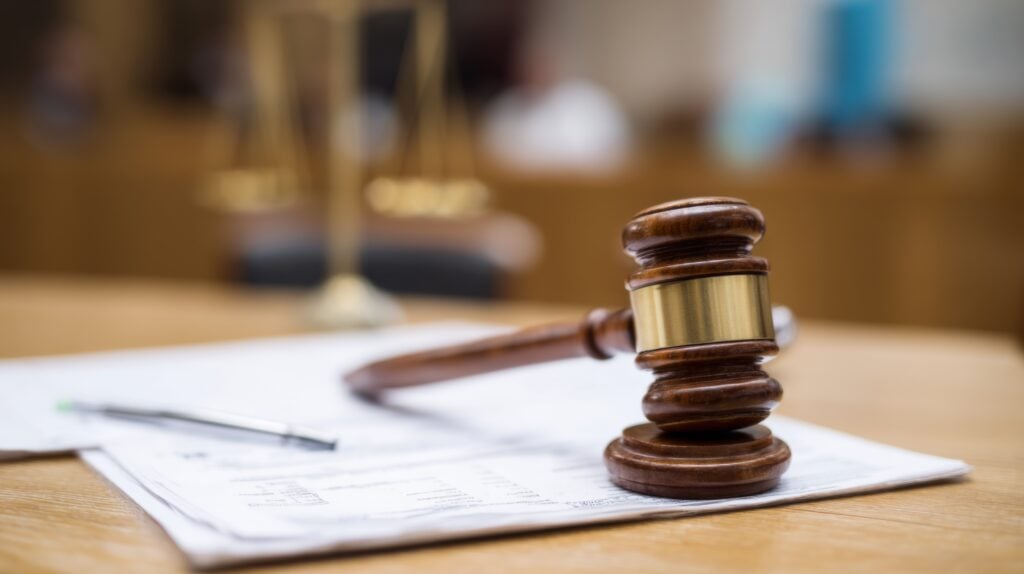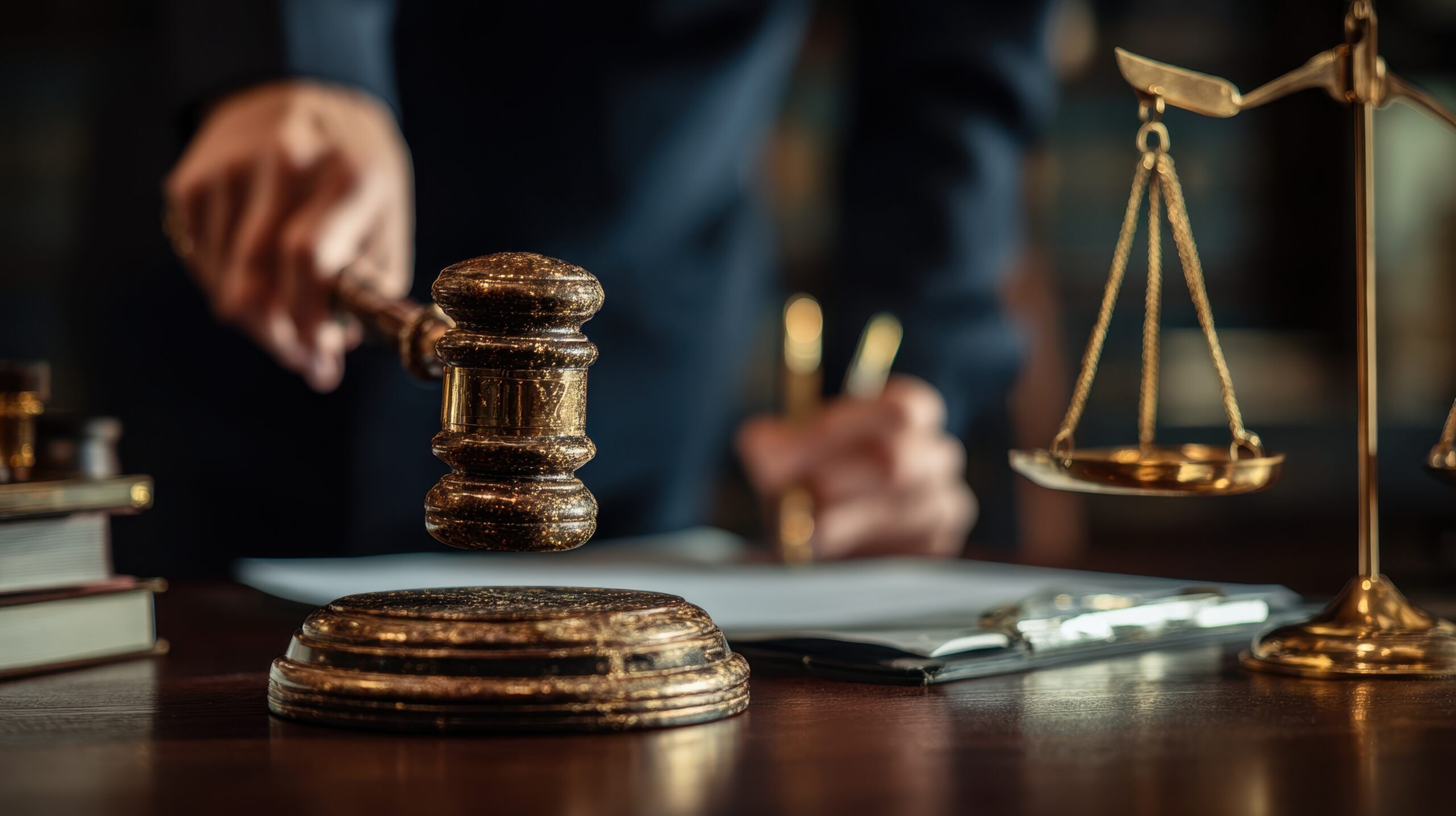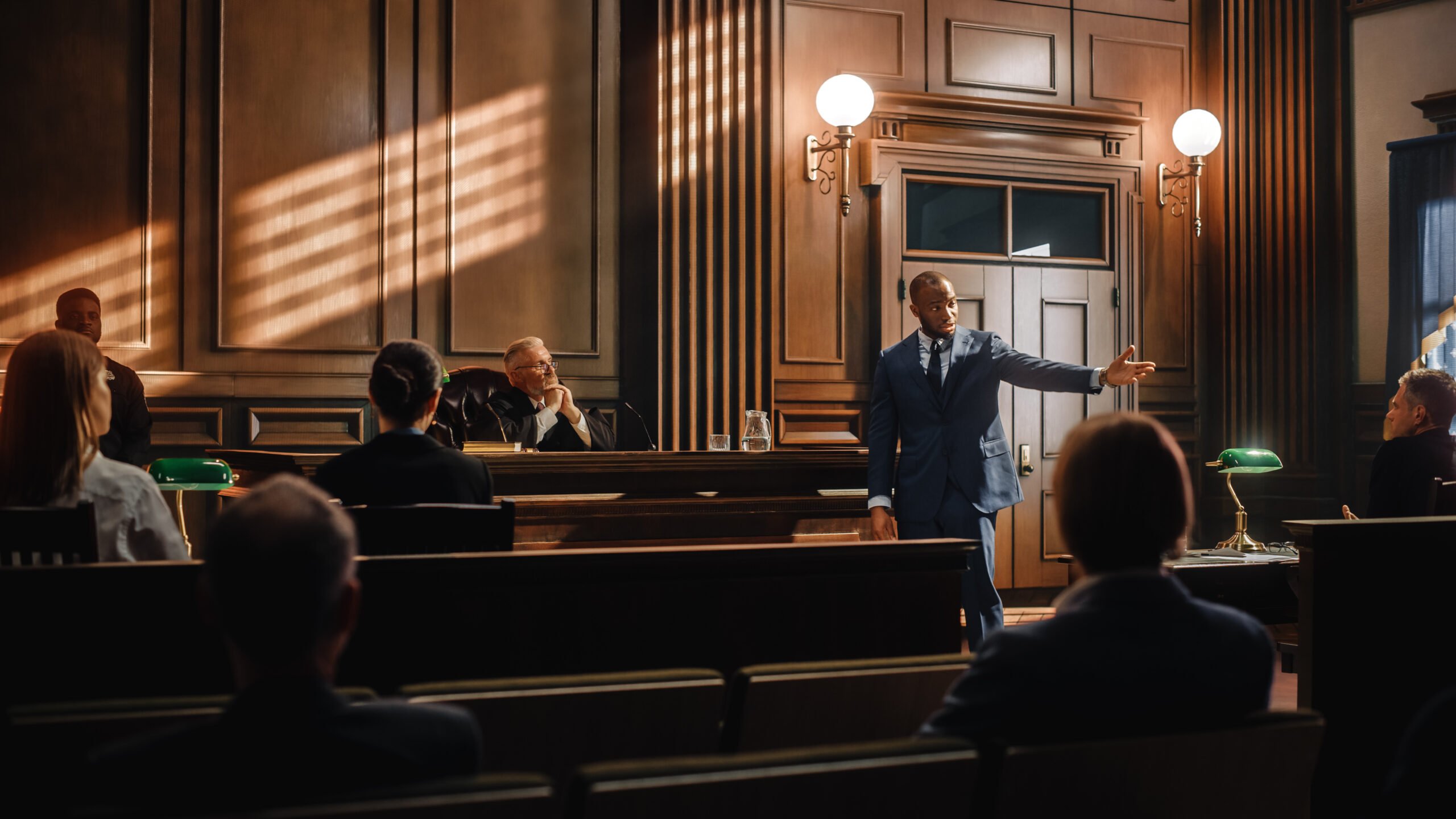Introduction
For parties in Indiana facing an unfavorable trial court ruling—whether in family law, civil litigation, or criminal matters—preserving the right to appeal is critical. Proper preservation ensures a higher court may review the trial court’s decisions for legal or procedural errors. This guide explores the key steps Indiana litigants must take before and after trial to safeguard their appellate rights and what to expect in the appellate process, with a focus on the most common pitfalls and crucial deadlines.
What Does It Mean to Preserve Your Right to Appeal?
Preserving appellate rights means taking all steps—before, during, and after trial—to ensure eligibility to seek review of the trial court’s decision. In Indiana, this includes objecting to errors as they arise, clearly stating grounds for objections, and strictly complying with procedural requirements after the ruling. Failure at any point can bar an appeal, regardless of the merits of the case.
Appealable Orders vs. Non-Appealable Orders
- Final Orders: These resolve all claims for all parties and may be appealed as of right.
- Interlocutory Orders: Some are automatically appealable, while others require trial court certification before appeal.
- Temporary Orders: Usually not immediately appealable; appeals may be delayed until a final judgment is issued.
Understanding whether an order is appealable is fundamental to avoiding dismissal for a premature appeal.
Steps to Preserve Appellate Rights During Trial
- Timely Objections: Objections to evidence, procedure, or rulings must be made during trial and properly recorded.
- Making a Record: Ensure all relevant testimony, objections, and the court’s rulings are transcribed and included in the official record.
- Offers of Proof: If evidence is excluded, make an offer of proof so the appellate court can review the excluded evidence’s substance.
These actions “preserve error” for appellate review. Errors not objected to during trial are generally waived and cannot be raised on appeal.
Post-Trial Steps: Motions and the Notice of Appeal
- Post-Trial Motions: Parties may file motions to correct error or other post-trial relief within 30 days of the judgment, but this does not toll the deadline for a Notice of Appeal unless permitted by rule.
- Notice of Appeal: The core requirement for any appeal, to be filed within 30 days of the final order or post-trial motion ruling.
- Must include the case caption, trial court and cause number, date of judgment, identification of the order appealed, and request for record preparation.
- The filing fee (currently $250) must also be paid.
Failure to file a timely Notice of Appeal generally forfeits all appellate rights, except in extremely rare circumstances where a belated appeal may be granted.
Building the Record on Appeal
- Transcript Request: Within 7 days of filing the Notice of Appeal, parties must request transcripts of all relevant proceedings.
- Record Assembly: Court reporters have 45 days to prepare transcripts; trial court clerks have 30 days to assemble and transmit the record.
- The appellate court generally reviews only the official record (transcripts, evidence, orders) from the trial court; no new evidence or testimony is allowed.
Key Deadlines and Procedural Requirements
| Step | Deadline | Citation |
| Notice of Appeal | 30 days from final judgment | |
| Transcript Request | 7 days from filing Notice of Appeal | |
| Clerk’s Record Assembly | 30 days from Notice of Appeal | |
| Court Reporter Transcript | 45 days to complete | |
| Appellant’s Brief Filing | 30 days after transcript filing | |
| Appellee’s Brief | 30 days after Appellant’s Brief | |
| Reply Brief | 15 days after Appellee’s Brief |
Deadlines are strictly enforced. Extensions are rare and only for extraordinary circumstances.
What Issues Can Be Appealed?
Appellate courts review only legal or procedural errors; they do not reweigh evidence or retry the facts. Common grounds for appeal include:
- Misapplication or misunderstanding of the law
- Reliance on inadmissible or insufficient evidence
- Abuses of discretion or constitutional/procedural violations
Only errors raised and preserved in the trial court are typically considered on appeal.
Options After Losing at Trial: Appeal vs. Modification
- Appeal: Seeks review of the trial court record for legal errors within the strict time limits detailed above. This process does not allow new evidence.
- Modification: In the family law context, a party may instead seek a change in orders based on new facts arising after judgment; this is a separate legal process.
Sometimes, seeking modification is faster and more effective than pursuing an appeal, especially if new evidence is available.
What to Expect During the Appeal Process
- Briefing: Appellant files a brief presenting legal arguments, followed by the appellee’s brief; the appellant may file a reply brief.
- Panel Review: A panel of three appellate judges reviews the briefs and record.
- Oral Argument: Rarely granted, but can be requested if significant legal issues are present.
- Decision: The appellate court may affirm, reverse, or remand the case for further proceedings.
- Further Review: Parties may request rehearing in the Court of Appeals or seek discretionary transfer to the Indiana Supreme Court.
Consequences of Missing a Deadline
Missing the 30-day deadline to file a Notice of Appeal almost always forfeits appellate rights. The appellate courts strictly enforce this rule. In few situations, a “belated” appeal may be allowed, but this is rare and must meet very specific conditions.
Practical Tips for Successful Appeals
- Engage experienced appellate counsel as early as possible.
- Diligently object and make the record during trial.
- Calendar all deadlines—the 30-day window to appeal is short and non-negotiable.
- Ensure the appellate record (transcripts, exhibits, pleadings) is complete and accurate.
- Understand that appeals argue legal errors, not factual disagreements.
Frequently Asked Questions
What is a “final judgment” for purposes of appeal?
A final judgment resolves all claims for all parties, ending the case.
Can temporary orders be appealed?
Only in specific circumstances, typically if certified by the trial court. Otherwise, appeals must wait for a final, appealable order.
What if I miss my appeal deadline?
Appellate rights are almost always lost. Consult with counsel immediately; exceptions are exceedingly rare.
Can I introduce new evidence on appeal?
No. Appeals are strictly limited to reviewing the trial court record as it existed at the time of the final order.
Digital assets are often overlooked but can be highly valuable. Legal guidance is essential to ensure a fair and transparent division.
This blog was written by attorneys at Ciyou & Associates, P.C., and this blog is not intended to provide specific legal advice or solicitation of services as this is an advertisement.




